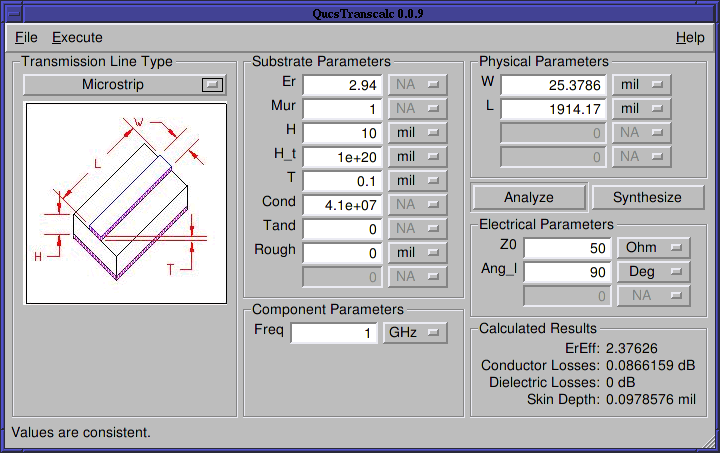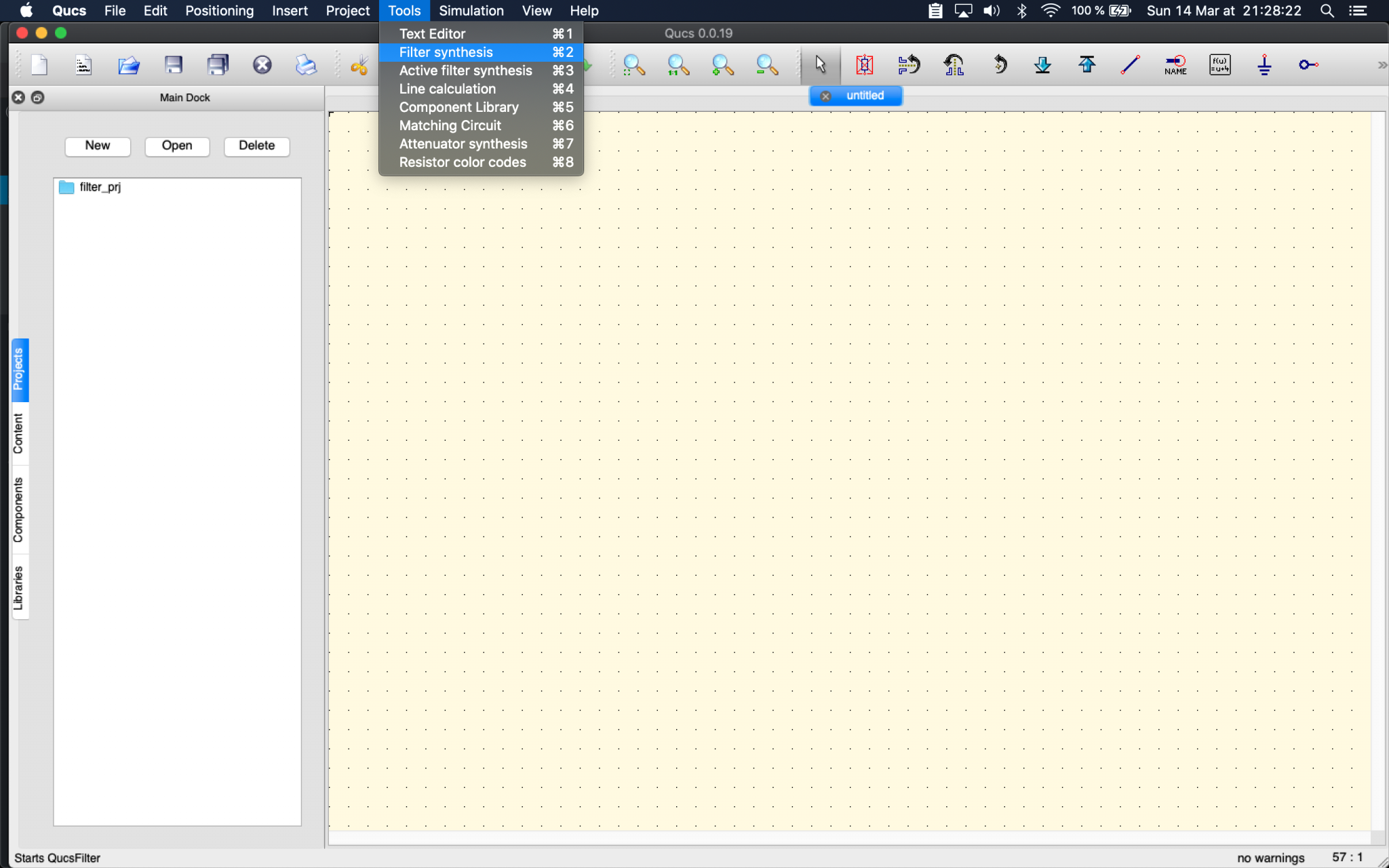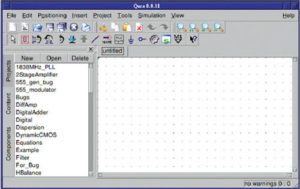
No! To change the game's name go to Edit > Project Settings > Player > Product Name and change it to the new name.ĭoes changing project name change the name of the game's executable csproj suffixes under the projectĭoes changing the project name change the game's name (the name thatĪppears on top left corner of the game window)? Change the unity project folder name (the parent folder of 'Assets'.Qucs supports transistor models, some need to be added by hand. There is also a Component library that includes various standard components available in the market (bridges, diodes, varistors, LEDs, JFETs, MOSFETS, and so on). File containers (S-parameter datasets, SPICE netlists).Nonlinear components (diodes, transistors, etc.).Lumped components (R, L, C, amplifier, phase shifter, etc.).

The following categories of components are provided: For circuit optimization (minimization of a cost function), ASCO may be invoked. For purely digital simulations (via VHDL) the program FreeHDL or Icarus-Verilog can be used. Analog and mixed simulations can be performed by simulators that read the qucsator netlist format. The supported file formats as well as usage information can be found on the manpage of qucsconv.Īdditionally, the GUI can steer other EDA tools. The command line conversion program tool is used by the GUI to import and export datasets, netlists and schematics from and to other CAD/EDA software. The attenuator synthesis application can be used to design various types of passive attenuators. microstrips, coaxial cables).Ī component library manager gives access to models for real life devices (e.g. The transmission line calculator can be used to design and analyze different types of transmission lines (e.g. SPICE netlists, or Touchstone files).Ī filter synthesis application can help design various types of filters. It is handy to edit files related to certain components (e.g.

The GUI includes a text editor which can display netlists and simulation logging information. It reads a netlist file augmented with commands, performs simulations, and finally produces a dataset file. The analog simulator, gnucsator, is a command line program which is run by the GUI in order to simulate the schematic which you previously setup. The GUI is used to create schematics, setup simulations, display simulation results, writing VHDL code, etc. Qucs consists of several standalone programs interacting with each other through a GUI. Other features include the transmission line calculator, Filter synthesis, Smith-Chart tool for power and noise matching, Attenuator design synthesis, Device model and subcircuit library manager, Optimizer for analog designs, the Verilog-A interface, Support for multiple languages ( GUI and internal help system), Subcircuit (including parameters) hierarchy, Powerful data post-processing possible using equations and symbolically defined nonlinear and linear devices. The documentation offers many useful tutorials (WorkBook), reports (ReportBook) and a technical description of the simulator. Simulation data can be represented in various types of diagrams, including Smith-Chart, Cartesian, Tabular, Polar, Smith-Polar combination, 3D-Cartesian, Locus Curve, Timing Diagram and Truth Table. Qucs has a graphical interface for schematic capture.

It is intended to be much simpler to use and handle than other circuit simulators like gEDA or PSPICE.Īnalysis types include S-parameter (including noise), AC (including noise), DC, Transient Analysis, Harmonic Balance (not yet finished), Digital simulation (VHDL and Verilog-HDL) and Parameter sweeps. Qucs supports a growing list of analog and digital components as well as SPICE sub-circuits. Pure digital simulations are also supported using VHDL and/or Verilog. It offers the ability to set up a circuit with a graphical user interface and simulate the large-signal, small-signal and noise behaviour of the circuit.
#Qucs edit project name software
Quite Universal Circuit Simulator (Qucs) is a free-software electronics circuit simulator software application released under GPL.


 0 kommentar(er)
0 kommentar(er)
